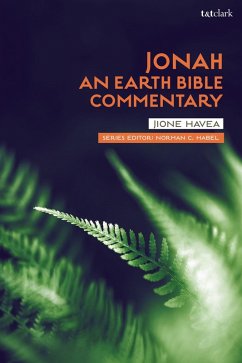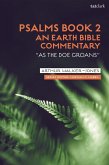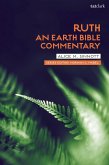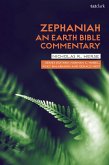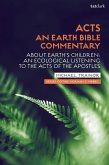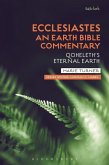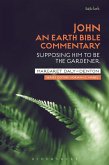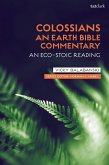Jione Havea analyses the Book of Jonah through the lens of climate change, using this present situation to reconsider the significance of Jonah for contemporary struggles and contexts, and tapping into traditional practices of commentary to draw out the meaning of the biblical text. Havea takes Jonah 3:10 as a starting point, in which God repents and rethinks (decides not to destroy), taking this as a challenge and an opportunity for biblical scholars to reflect on the realities of climate change.
Havea builds on this opportunity in two ways: first, by reading Jonah forward, giving special attention to the orientation of the narrative toward the sea and Nineveh, and then backward, highlighting the significance of sea and (is)land lives to the flow of the narrative. Second, by looking at the other figures in the narrative, rather than focusing on the narrator's obsession with Jonah and his God. Havea reminds readers that the fish, plant, worm and other beasts are also crucial in this narrative, and considers how this can change our reading of the text.
Havea builds on this opportunity in two ways: first, by reading Jonah forward, giving special attention to the orientation of the narrative toward the sea and Nineveh, and then backward, highlighting the significance of sea and (is)land lives to the flow of the narrative. Second, by looking at the other figures in the narrative, rather than focusing on the narrator's obsession with Jonah and his God. Havea reminds readers that the fish, plant, worm and other beasts are also crucial in this narrative, and considers how this can change our reading of the text.

